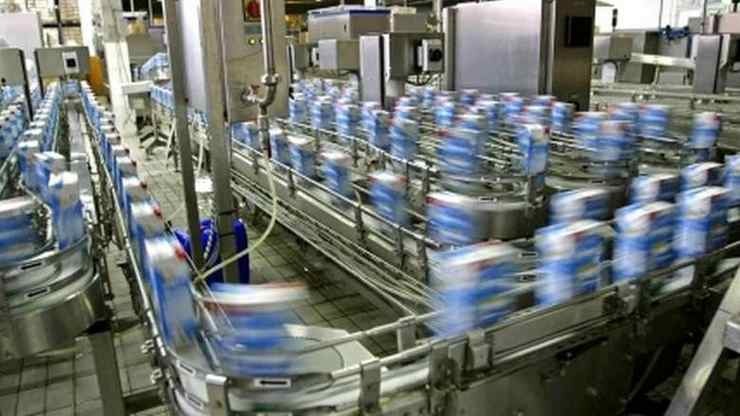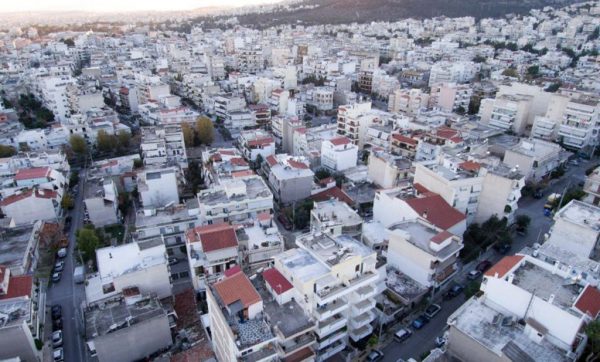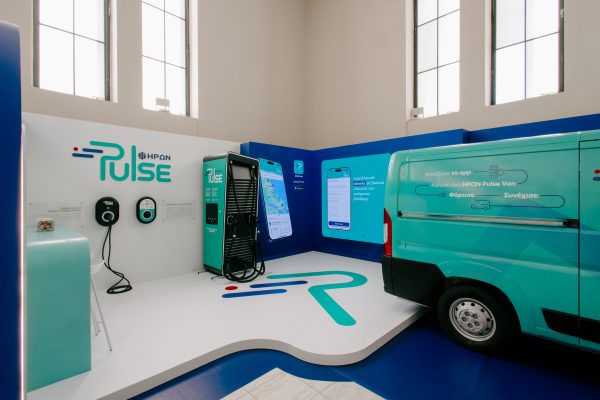
A steady, albeit slower, improvement in operational conditions across the breadth of the Greek manufacturing sector was indicated by the May S&P Global PMI survey.
More specifically, the seasonally adjusted S&P Global PMI for the manufacturing sector, in Greece, closed at 53.8 points in May, down from 54.8 points, in April. According to the survey, the latest value of the headline index indicated a steady improvement in the health of the Greek manufacturing sector, but overall growth weakened to the slowest pace recorded since March 2021.
Slowdown
The unchanged inflows of new orders in May contributed to growth slowdown. The corresponding seasonally adjusted index fell to the lowest level recorded in more than a year. Any kind of increase was linked to new orders from customers abroad. However, growth slowed down due to significant increases in selling prices which reduced customer demand.
Exports
New export orders continued to increase, although sales abroad increased only marginally. Some companies reported that uncertainty due to the war in Ukraine also weighed on export performance. As a result, output growth slowed to the weakest level recorded in the current 14-month period of continuous growth. Greek manufacturers recorded modest production growth as delays in material deliveries hampered production capacity. At the same time, inflationary pressures remained significant as selling prices rose at a stronger pace. Companies in the Greek manufacturing sector recorded one of the fastest increases in charges in the history of the survey, due to significant increases in input prices, which were largely passed on to customers.
Cost increase
The rate of cost growth was historically high, but fell to the weakest level recorded since last August. Nevertheless, goods producers continued to report rising costs of fuel, energy and materials, while stressing the price increases of metals and plastics.
In line with the significant price hiles and weak demand from customers, companies reduced input purchases in May. Purchasing activity declined for the first time since February 2021, albeit only marginally. Many companies opted to use existing input inventories as purchasing inventories shrank at the second fastest pace on record in more than a year. Efforts to increase finished products inventories were also hampered as they decreased at the second fastest rate since April 2020.
Employees
Meanwhile, Greek manufacturers further increased their number of employees in May. Higher capacity led to the first contraction in backlogs since April 2021, although the pace of job creation eased to the slowest on record in more than a year. Output expectations for the year ahead improved in May to the highest level in three months. Unconfirmed data, according to the survey, suggested that optimism was driven by hopes for price stabilization, investment in new products and greater demand from customers.
Latest News

EasyJet Expands Its Routes from Athens
The airline’s two new routes will be to London Luton and Alicante and they will commence in summer 2025.

Capital Link Forum Highlights Greece’s Economic Resurgence; Honors BoG Gov Stournaras
Capital Link Hellenic Leadership Award recipient, Bank of Greece Gov. Yannis Stournaras, an ex-FinMin, was lauded for his pivotal role during Greece’s economic recovery

Tourist Spending in Greece Up by 14%, Visa Card Analysis Shows
Greece’s capital Athens emerged as the most popular destination, recording a 17% increase in transactions with Visa cards, surpassing even the cosmopolitan island of Mykonos.

Inflation in Greece Unchanged at 2.4% in Nov. 2024
The general consumer price index (CPI) posted a 0.4% decrease in November compared to the previous month

2024 Christmas Holidays: Extended Shop Hours Schedule
The 2024 Christmas Holidays extended shop hours schedule commences on Thursday, December 12 and runs until the end of the year.

ELSTAT: Seasonally Adjusted Unemployment Down in October
The number of employed individuals reached 4,284,694, an increase of 67,723 compared to October 2023 (+1.6%) and 22,002 compared to September 2024 (+0.5%).

Greek PM’s Chief Economic Adviser Resigns
In the post on his Facebook page, Patelis did not disclose the reasons that led him to step down.

“Masdar Invests in the people of Greece and in the vision of TERNA ENERGY”
Four messages from the CEO of Masdar, the Arab renewable energy giant, after its acquisition of 70% of TERNA ENERGY

Lloyd’s List Greek Shipping Awards 2024: Honors for leading companies and personalities in the Greek shipping sector
20 awards presented at the 21st annual Lloyd's List Greek Shipping Awards

Syria’s Bashar al-Assad, His family Granted Asylum by Russia
Reuters also reported that a deal has been struck to ensure the safety of Russian military bases in the war-ravaged country

















![Χειμερινή εξοχική κατοικία: Οι Ελληνες γυρνούν την πλάτη παρά την πτώση των τιμών [γραφήματα]](https://www.ot.gr/wp-content/uploads/2024/12/Capture-19-90x90.jpg)























 Αριθμός Πιστοποίησης Μ.Η.Τ.232433
Αριθμός Πιστοποίησης Μ.Η.Τ.232433